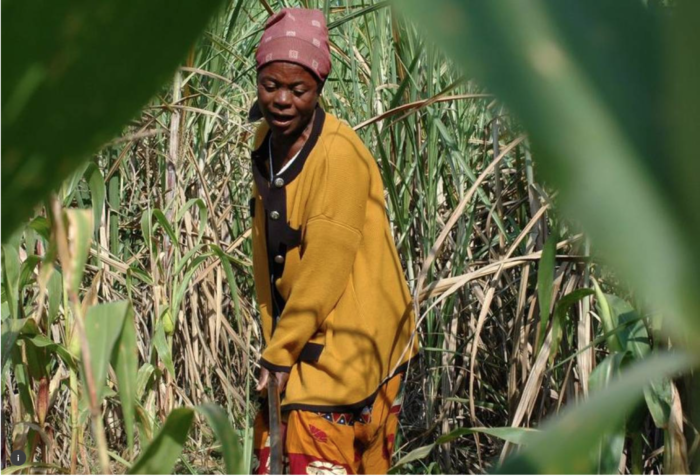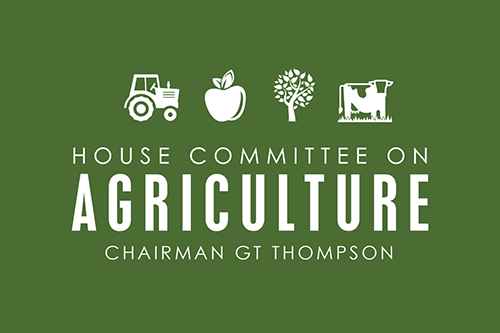
Rosa, a farmer from Mozambique has a lot to say about producing and consuming healthy food in her local food system. Three years ago, she was issued a formal land title and started using climate-smart agricultural practices. Since then, she has doubled her yields of maize, beans, soy, and pigeon peas.
Commenting on how her life has changed, Rosa said, “I have improved my farming techniques, now my work is much easier and efficient.” The increase in yields has allowed Rosa to send her kids to school and save money, which she used to rebuild her home after it was leveled by Cyclone Idai in 2019. Now, during COVID, although things are hard, Rosa is more resilient and optimistic.
What is the secret to Rosa’s success? There is no single secret, but rather an integrated system that engages three levers for achieving a reimagined nutritious food system that can withstand the ravages of disasters and pandemic: land rights, climate-smart agriculture, and women’s empowerment.
Motivated by the evidence that secure land rights strengthen food security and resilience, Cadasta Foundation—a nonprofit organization focused on advancing global land rights—partnered with NCBA CLUSA last year to support an agricultural community in Mozambique to achieve regenerative, nourishing food systems to withstand future crises and the mounting effects of climate change.
Women’s Land Rights: The Missing Lever
Worldwide, food and land tenure insecurity particularly affect women, who are less than 20% of the world’s landholders, but make up 43% of the agricultural labor force. In Africa, women make up over half of its farmers and produce 70% of the food.
Data shows that women’s rights to land and productive assets are linked to improved health and education outcomes, higher earning and individual savings, better access to credit, and protection from domestic violence. Women need better market access to create consumer demand, increase food availability and affordability, and stimulate improved policies and market incentives necessary for a sustainable food system.
Cadasta supports this by developing and promoting new technologies for securing land through ground-up, participatory land documentation. By providing training for community visioning, mapping, and data collection, Cadasta works to ensure that all voices, especially those of women and youth, are consulted throughout the process, and that women’s names are included on the ownership documents so they can more securely invest in their land and homes and advocate for greater access to a range of goods and services.
Promoting Climate-smart Agriculture
Food systems are increasingly vulnerable to the effects of climate change. A “perfect storm” of undocumented land rights, lack of gender inclusion, and negative effects of climate change threaten the global food system.
When Cyclone Idai hit Mozambique last year, flooding crops and damaging property, another one-fourth of the country’s population was plunged into acute food insecurity. Field data and experience suggest that households using climate-smart agriculture are more likely to withstand shocks and stresses as well as recover more quickly due to more stable soil systems, water management, and better disaster risk reduction efforts. Furthermore, increased incomes from improved production provides a cushion for post-disaster resilience.
A Reimagined Resilient Food System in the Face of COVID-19
With the specter of COVID-19 plunging millions more into acute hunger and food insecurity due to disruptions in planting, harvesting, and supply chains, how do we urgently support food systems that improve health, wealth, the environment, and resilience in the face of today’s pandemic and beyond?
The shock and disruptions caused by COVID-19 underscore the importance of resilient food systems. Farmers, and women farmers in particular, need the security of secure land rights to invest in their land, homes, and businesses today to better plan, adapt, and recover from future market shocks and stresses.
Even after the disruptions of COVID-19 have passed, climate change poses an ongoing threat to global food systems. However, as a growing body of research and Rosa’s experience shows, when used together, land tenure security, climate-smart agriculture, and women’s empowerment have the potential to transform food systems in Mozambique, across Africa, and around the world.


